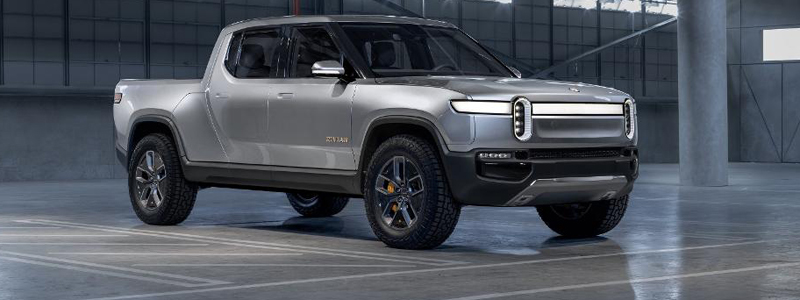Recent research from Cornwall Insight has revealed that of the thirteen major global car manufacturers, eight have partnered up in the development and manufacturing of new EV's. According to Tom Lusher, analyst at Cornwall Insight, this level of partnerships in the industry is "unprecedented". It seems manufacturers realise that if they are to respond swiftly to consumer and political pressure to innovate in the EV industry, collaboration is key.
Already Ford and Volkswagen work together on EVs, Toyota works with Suzuki, and Mazda with Subaru. Last November we saw Ford make headlines as it invested £500 million in start-up Rivian. Lincoln, a subsidiary of Ford, has now confirmed it is working with Rivian to develop it's first fully electric EV - an all-wheel drive SUV. "Our vehicle development partnership with Ford is an exciting opportunity to pair our technology with Lincoln's vision for innovation and refinement," said Rivian CEO RJ Scaringe. While Joy Falotico, President of Lincoln, sees the partnership bringing "zero emissions, effortless performance and connected and intuitive technology."
Meanwhile Mercedes-Benz and Geely have joined forces in establishing a new "smart Automobile Co.", to bring the next generation of premium electric smart cars to the Chinese and global markets. Li Shufu, Chairman at Geely Holding, said, "We will work together with Mercedes-Benz to transform the smart brand into a leading player in urban premium, electric and connected vehicles to successfully develop the brand's global potential." The pair have invested equally in the partnership, that sees Geely lead on the engineering of the EV, with Mercedes taking charge of the design and look.
However these partnerships are not solely centred around development of vehicles only. The infrastructure and technology to support the EV industry is a major focus. Automakers realise that if EV's are to become the mainstay of their industry, there must be top of the range chargers, batteries and complimentary tech underpinning consumer confidence. Honda has gone into partnership with Moxia, a battery storage firm. BMW has joined forces with Daimlar to collaborate on a long-term development partnership for automated driving involving 1,200 technicians from both companies. Toyota and Subaru are developing a new platform for Battery Electric Vehicles. They will be working together on a new pure EV using Toyota's electrification tech and Subaru's All Wheel Drive know how that will serve as the backbone of the jointly developed architecture.
Partnerships appear to be the new norm in the EV market. And it makes sense as it significantly cuts costs with shared investment. Collaborating in the development of technology and design adds up to more than the sum of its equal parts. The future may well be a blurring of traditional stand-alone automakers, into many different partnerships which will ultimately benefit the consumer.
Sources:
https://autovistagroup.com/news-and-insights/ev-collaboration-essential-todays-market
https://www.current-news.co.uk/news/car-manufacturer-ev-partnerships-at-unprecedented-scale
https://chargedevs.com/newswire/lincoln-and-rivian-confirm-partnership-to-develop-new-ev
https://media.daimler.com/marsMediaSite/en/instance/ko/Start.xhtml?oid=4836258
Photo Credit: Rivian
